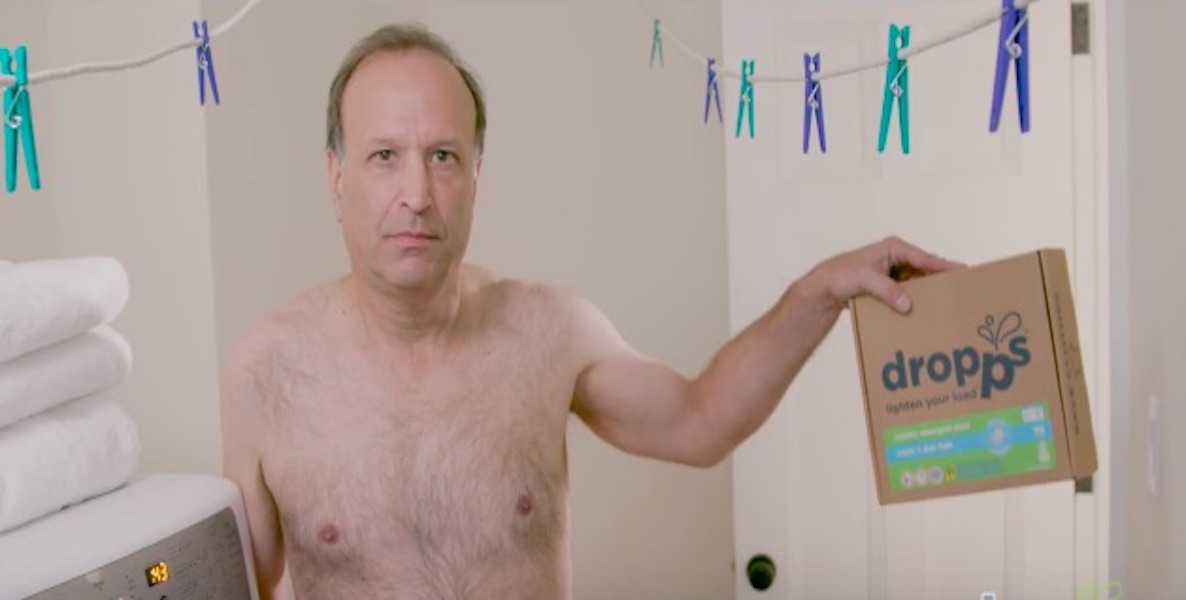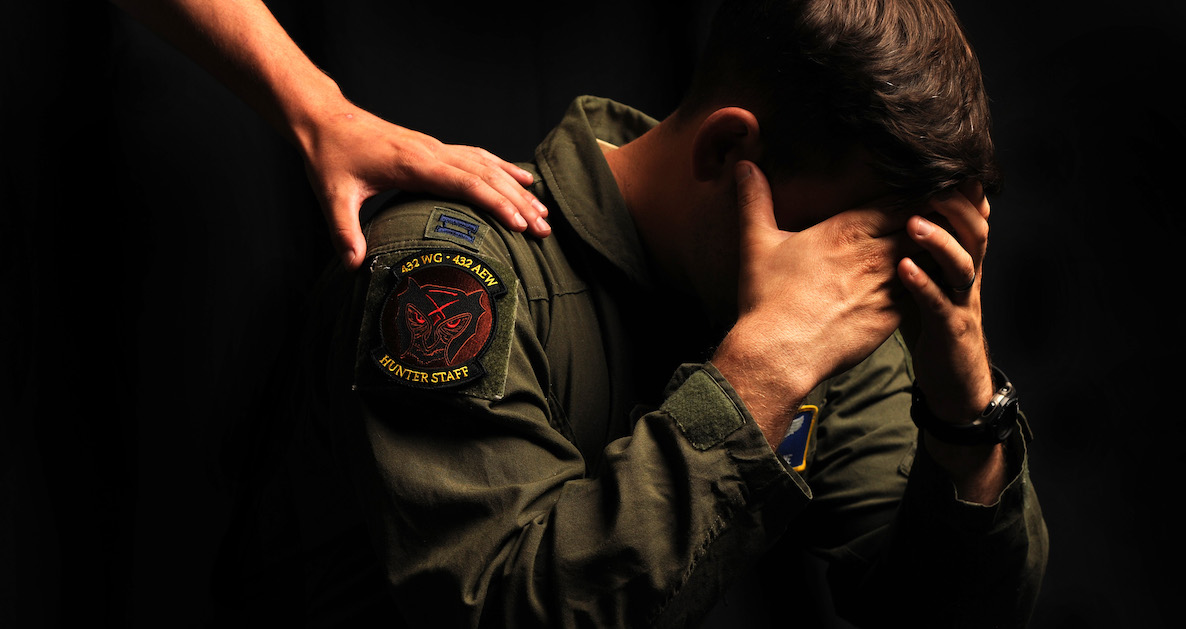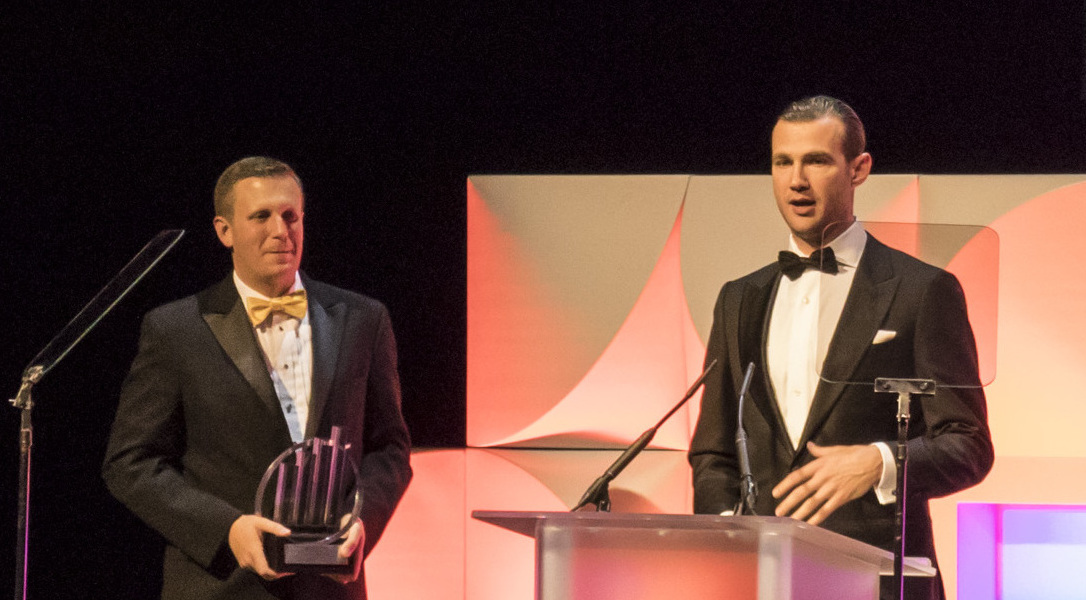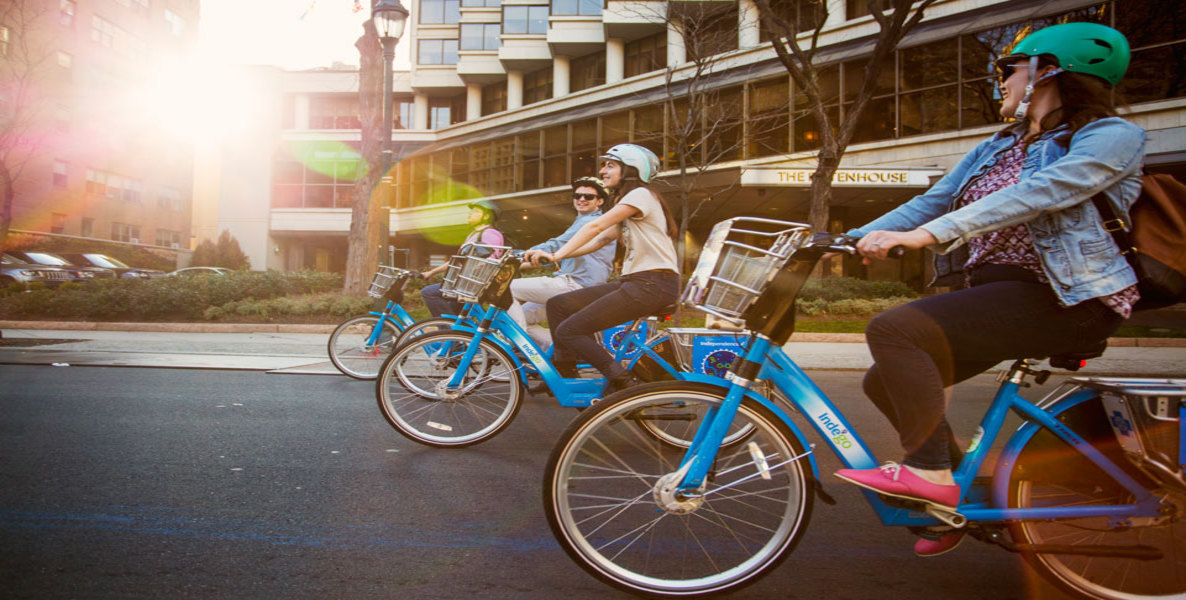Rachel Benyola, as a kid, would spend hours and hours on her bike after school. She needed to. Benyola says that she grew up in a violent household; her bike, she says, was her means of “escape.”
Benyola, now a fully-grown entrepreneur, says she’d had an inkling that she might want to open a bike-related business as a result. Biking, for her, had become something of an act of self-reflection; she wanted to give back. But she didn’t come up with the idea for a stylish, collapsible bike helmet until the launch of Philadelphia’s Indiegogo program in 2012.
“I actually realized that, a couple of years back, with the launch of our bikeshare program in Philly, that a lot of people don’t wear bike helmets. And that really got to me, because when I was a kid, one of my good friends wasn’t wearing a bike helmet, and she became permanently blind in one eye after a crash. That’s something that’s always stuck with me,” Benyola says.
And so was born her company, AnneeLondon, named for the first woman to ride her bicycle around the world. Benyola describes it as a lifestyle brand that infuses biking with a sense of style. After over a year of development—Benyola went through 10 prototypes, all of which she wants to one day roll out in an evolutionary timeline on AnneeLondon’s website—the final product is a helmet composed of dozens of polymer polygons, collapsible to the size of a dinner plate. It is matte-black and textured, with a larger polygon squarely in the middle of the helmet where owners will be able to place a proprietary LED light that, quite honestly, looks like something that an anime character might shoot a laser out of. It is something of a triumph of form and function, the kind of thing you wouldn’t be embarrassed to wear on your head on a ride through town, unlike most bike helmets, which, let’s face it, are titanically dorky.
AnneeLondon–named for the first woman to ride her bicycle around the world–is a lifestyle brand that infuses biking with a sense of style. Its first product, a helmet collapsible to the size of a dinner plate, will come to market this holiday season.
Benyola, a Drexel graduate, will be taking her product to market this holiday season, and she says that it will be available both online and in retail—and in at least one major sporting goods retailer; the helmet is currently available for preorder. But the product itself isn’t necessarily Benyola’s biggest concern—it’s creating a tool that can help stop the tide of bike-related injuries. Bike crashes took the lives of more than 800 people in 2015, according to the National Highway Traffic Safety Administration, and resulted in more than 3,200 serious injuries. (Philadelphia experiences fewer deaths per year than most of its peer cities, according to Randy Lobasso of the Bicycle Coalition.) According to the American Association of Neurological Surgeons, head injuries incurred while biking made were the reason for as many emergency room visits as baseball and football head injuries combined, and according to a recent Australian study, wearing a helmet reduces the odds of fatal injury while riding a bike by 65 percent. In other words: There’s a lot riding on creating a helmet that people want to wear.
Benyola says she’s “chin-strapped” her startup with a few unnamed angel investors kicking in runway cash, and that her product’s beta-testers didn’t want to give the helmets up. That’s exactly the response she was looking for—she wants people to be excited about the prospect of having a cool bike helmet, not put off simply by the notion of having to wear one. What got her into the business, after all, was how often she’d hear people say “they don’t ride bikes just because they don’t want to have to carry around a bike helmet.”
The helmet industry is one ripe for disruption and Benyola is banking that her product can differentiate itself because its design caught on with one very important subset of beta testers, those arbiters of style and disgust who can make or break a new product if they judge it to be dope enough: Teenagers—who are notorious for not wearing bike helmets.
Benyola is far from the first to undertake the quest for the Holy Grail of bike safety. Several startups have sought to combat the combined dorkiness and unergonomic issues that face bike riders when it comes to their helmets. A few years back, a Swedish company launched a line of so-called ‘invisible helmets’ which more or less amounted to a fashionable oversized neckerchief that discharges an airbag-like helmet if the rider is clipped by a car or falls off of her bike. FEND is a startup similar to AnneeLondon, in that it’s trying to trot out its own foldable bike helmet, though it doesn’t look particularly cool. Closca, too, makes its own collapsible bike helmet, but it retains the problem of unapproachable dopiness. None of these companies have created a product that has become ubiquitously popular.
And they’re not trying for no reason, mind you. While it seems that no one has kept track of how many bicycle helmets are sold every year (somehow), we can assume that the number is somewhere close to the number of bicycles sold every year, as the two are often and obviously purchased in tandem—and roughly 17,400,000 bikes were sold in 2015. What’s more: the helmet industry is one ripe for disruption. Bell, the helmet-making company, holds something of a soft monopoly in the industry; according to the Bicycle Helmet Safety Institute, the company recently produced about 70 percent of helmets worldwide. Benyola thinks the market is dying for a stylish collapsible helmet, and has some impressive goals for the early benchmarks she wants to set with AnneeLondon.
“Success looks like launching into full scale manufacturing this year, and long-term is expanding globally, that millions would be wearing the London helmet all around the world,” she says.
Benyola is banking that her product can differentiate itself because its design caught on with one very important subset of beta testers, those arbiters of style and disgust who can make or break a new product if they judge it to be dope enough: Teenagers—who are notorious for not wearing bike helmets. Lobasso says to look no further than “the kids who ride throughout Philadelphia popping wheelies” sans helmets. “I would assume the answer is that they’re teenagers and teenagers are wont to be teenagers,” he adds. Time will tell if teens will gravitate toward a professional-looking, clean and utilitarian headpiece—which will run for more than $100—or stick with the affordable, if phenomenally dweeby offerings on market today.
Oddly enough, Benyola doesn’t have a background in design. Her degree is in psychology, and she spent several years as an executive coach and marketing director before leaving to do her own thing. Benyola says that she was inspired to strike out on her own by her time working with executives. She was impressed by their initiative and eagerness to bring what they had to the table. Benyola had long wanted to start her own company, but only if she could stand to make a positive impact; she struggled for a while to find her direction. And then she thought back to her youth, and how bike riding represented an emotional escape for her–and a tragic accident for her friend. So, even as Rachel Benyola works to find retail partners and develops proprietary accessories like chinstraps and that crazy anime-laser light, she keeps front of mind her original motivation: “This is my chance to do something to help people,” she says.
Header Photo: M. FISCHETTI







